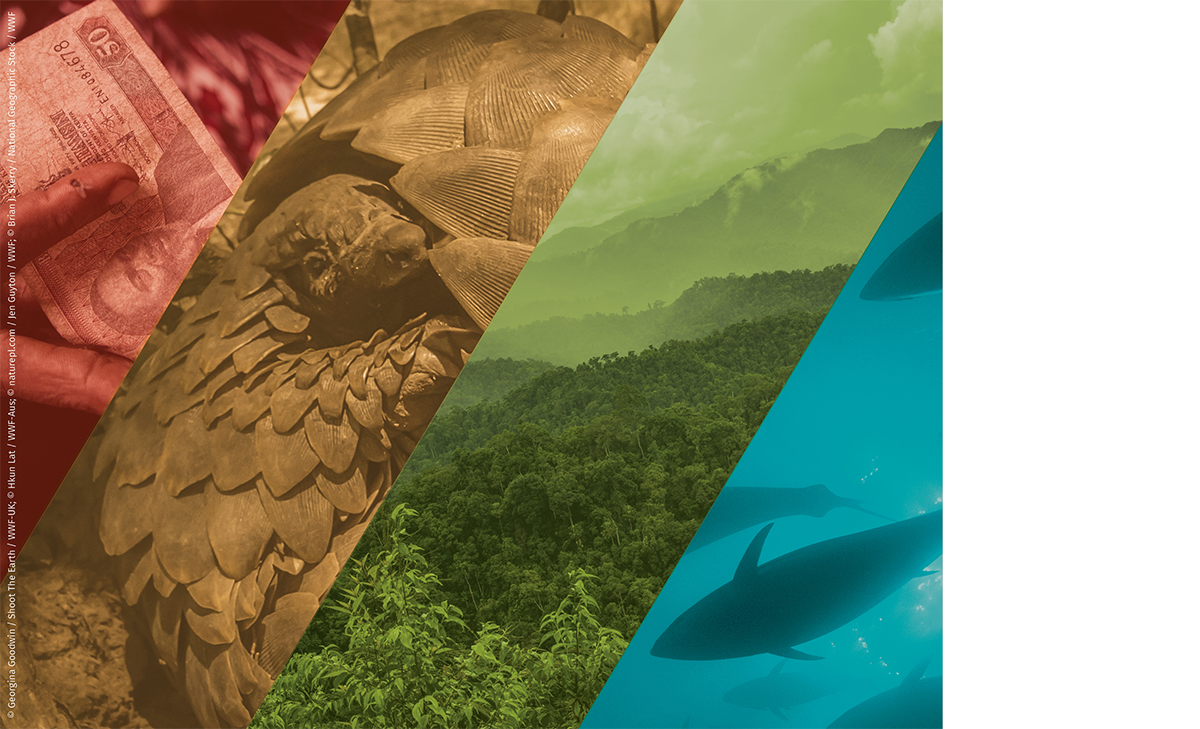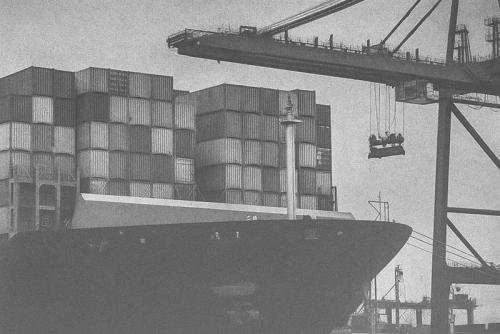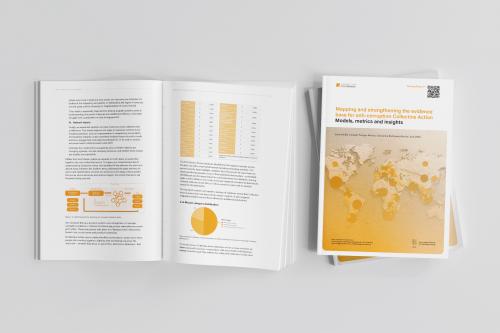Anti-corruption approaches to protect biodiversity: launch of new Green Corruption collaboration with the TNRC project

The Basel Institute's Green Corruption programme is launching an ambitious two-year research collaboration with the Targeting Natural Resource Corruption (TNRC) project. The aim is to fill crucial gaps in understanding and addressing the corruption that fuels illegal wildlife trade and other threats to our planet.
TNRC is a USAID-funded project to improve biodiversity outcomes by helping practitioners to address the threats posed by corruption to wildlife, fisheries and forests.
The Basel Institute is honoured to partner with the leading organisations in anti-corruption, natural resource management (NRM) and conservation that implement TNRC. The TNRC project is led by World Wildlife Fund (WWF) in consortium with the U4 Anti-Corruption Resource Centre at the Chr. Michelsen Institute, TRAFFIC and the Terrorism, Transnational Crime and Corruption Center (TraCCC) at George Mason University.
Five areas, many questions
The practice-oriented research project will enhance the novel efforts of both organisations to apply anti-corruption experience and approaches to issues of natural resource corruption, illegal wildlife trade (IWT) and other forms of environmental crime.
The main focus is on the corruption risks that accompany the investigation and prosecution of IWT, but the findings will support practitioners working across conservation and natural resource management.
The five interlinked areas of research are:
- Highlighting possibilities to deploy asset recovery tools in the fight against IWT and other forms of high-value wildlife crime. This builds on the demonstrated effectiveness of asset recovery to combat many forms of corruption. (See Gretta Fenner's short perspective on this topic.)
- Studying how social norms and behavioural drivers may underlie corruption in IWT and designing and implementing two pilot interventions to address the most relevant aspects. This is a joint project with the behavioural insights team of TRAFFIC, which recently developed an INTEGRITY Framework to support practitioners in addressing corrupt behaviours. (See also Claudia Baez Camargo’s quick guide to social norms and corruption and our recent Working Paper and Policy Brief on drivers and facilitators of IWT in Uganda.)
- Building a solid understanding of the context in which IWT investigations and prosecutions take place through political economy analysis in Uganda, Malawi and Peru. (As well as the publications above, see more about the value of political economy analysis in designing effective anti-corruption interventions).
- Mapping and analysing corruption risks in the investigative-prosecutorial chain of IWT cases in the same three countries.
- Reviewing the ability of IWT law enforcement agencies in these three countries to control their internal corruption risks.
How anti-corruption can support conservation
The nexus between corruption and the environment – covering biodiversity, natural resource management, illegal wildlife trade and other crimes against our planet – is hugely important and a weak spot in both policy and practice.
At the launch event of a new OECD/Basel Institute webinar series on Corrupting the Environment, TNRC Chief of Party Dr Elizabeth Hart underlined how corruption undermines global and national measures to promote sustainability and protect biodiversity. Collaboration and learning across the governance, anti-corruption and conservation fields is needed to define mutual objectives and expand the range of approaches to addressing this negative impact of corruption.
About the collaboration with TNRC, Dr Hart said:
"The TNRC project aims to strengthen knowledge and practice to address the negative impact of corruption on conservation and natural resource management objectives. The Basel Institute's contributions will be an important addition to the evidence base to inform how conservation and NRM can most effectively address these challenges."
Juhani Grossmann, who leads the Basel Institute’s Green Corruption programme, said:
“The conceptual statement that corruption and environmental degradation are linked is omnipresent. This is why the Green Corruption team is very excited to be working with the TNRC consortium partners WWF, U4, TRAFFIC and TraCCC in this exceptionally ambitious effort to customise tried-and-tested anti-corruption tools for the natural resource management sector.”
About Green Corruption at the Basel Institute
- Learn more about the Basel Institute’s Green Corruption programme.
- The Basel Institute’s Corrupting the Environment dialogues with the OECD take place monthly in the first half of 2021 and are open to all. The next event on 27 January focuses on illicit trade and natural resources – register here.
About the TNRC project
The TNRC project is working to improve biodiversity outcomes by helping practitioners to address the threats posed by corruption to wildlife, fisheries and forests. TNRC harnesses existing knowledge, generates new evidence, and supports innovative policy and practice for more effective anti-corruption programming. Learn more.

The Targeting Natural Resource Corruption project (TNRC) is made possible by the generous support of the American people through the United States Agency for International Development (USAID). The content is the responsibility of TNRC and does not necessarily reflect the views of USAID, the United States Government, or individual TNRC consortium members.
WWF® and ©1986 Panda Symbol are owned by WWF. All rights reserved.



